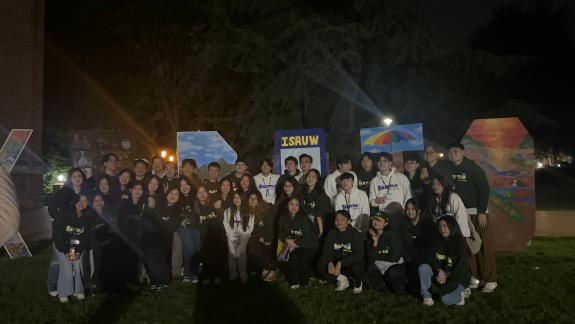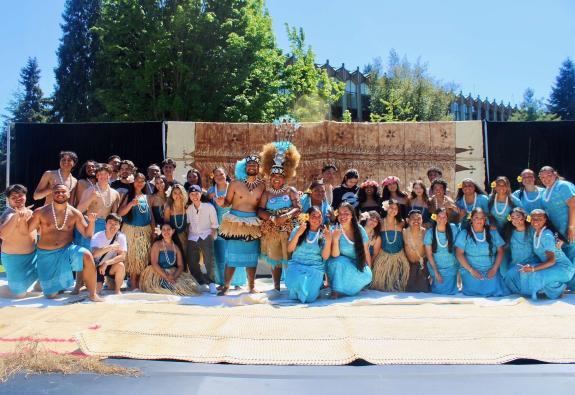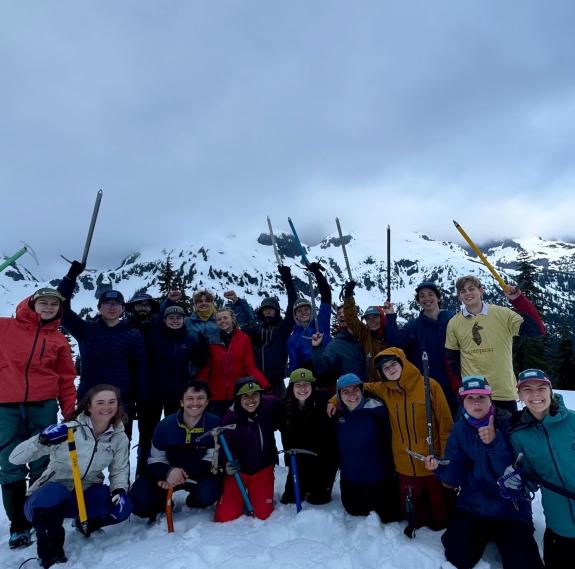Projects
KERATON
Pacific Islander Student Alliance Conference 2025
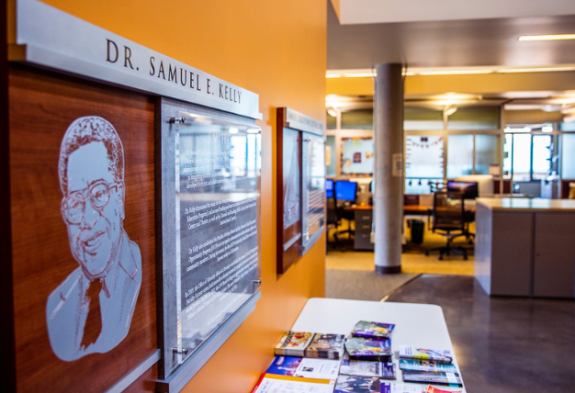
Pacific Islander Student Alliance Conference 2025
- Active
- 2024-2025
- $14,224
-
Services and Activities Fee (SAF)
Lil Labs for Climate Resilience South Seattle
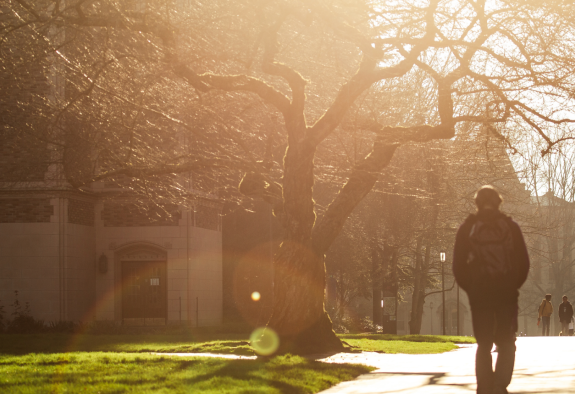
Lil Labs for Climate Resilience South Seattle
- Active
- 2024-2025
- $5,000
-
Services and Activities Fee (SAF)
Sharing Oranges
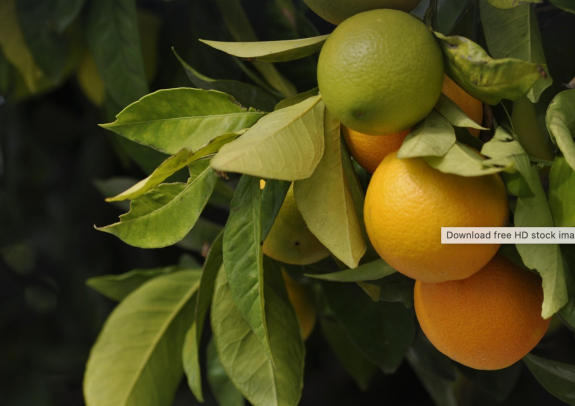
Sharing Oranges
- Active
- 2024-2025
- $5,000
-
UW Resilience Lab (UWRL)Services and Activities Fee (SAF)
Desi Dhamaka 2025
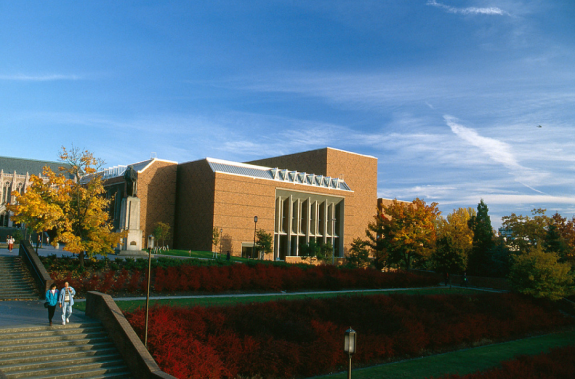
UW TNBGE TAC Pilot
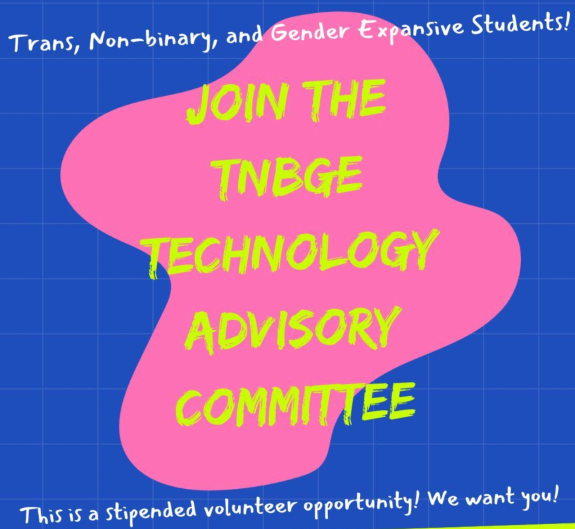
Polynesian Day
2025 Pre-Health Conference
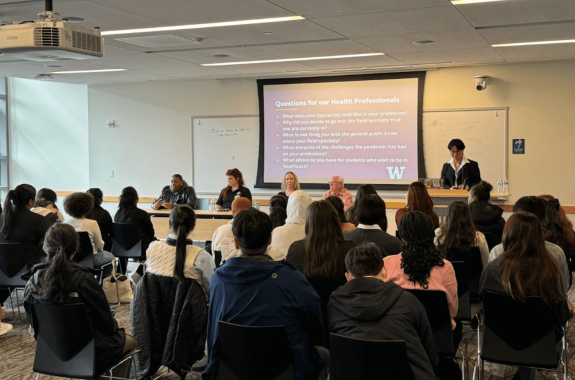
2025 Pre-Health Conference
- Active
- 2024-2025
- $4,159
-
Services and Activities Fee (SAF)
58th Annual Lunar New Year Gala
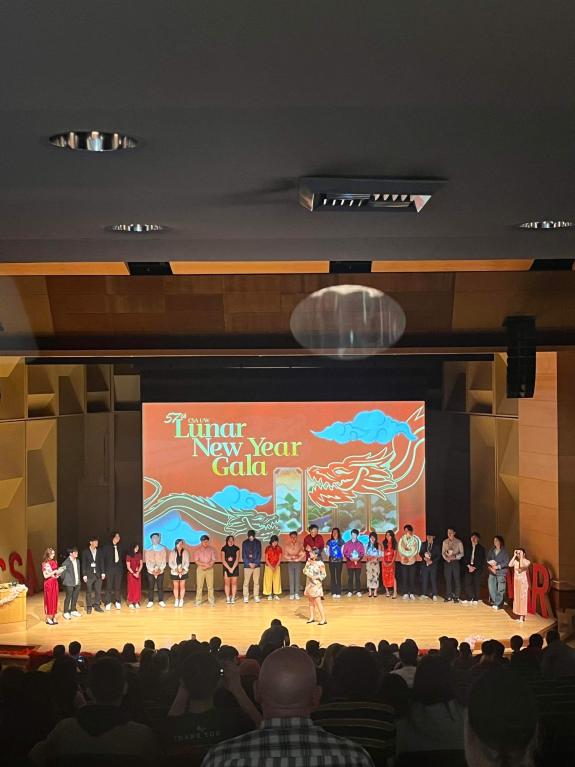
58th Annual Lunar New Year Gala
- Completed
- 2024-2025
- $4,955
-
Services and Activities Fee (SAF)
Co-Constructing a Culturally-Centered Resilience Curriculum…
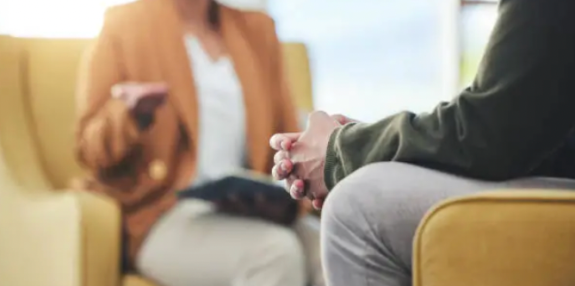
Co-Constructing a Culturally-Centered Resilience Curriculum…
- Active
- 2024-2025
- $3,959
-
UW Resilience Lab (UWRL)
Taiwanese Student Association's UW Night Market
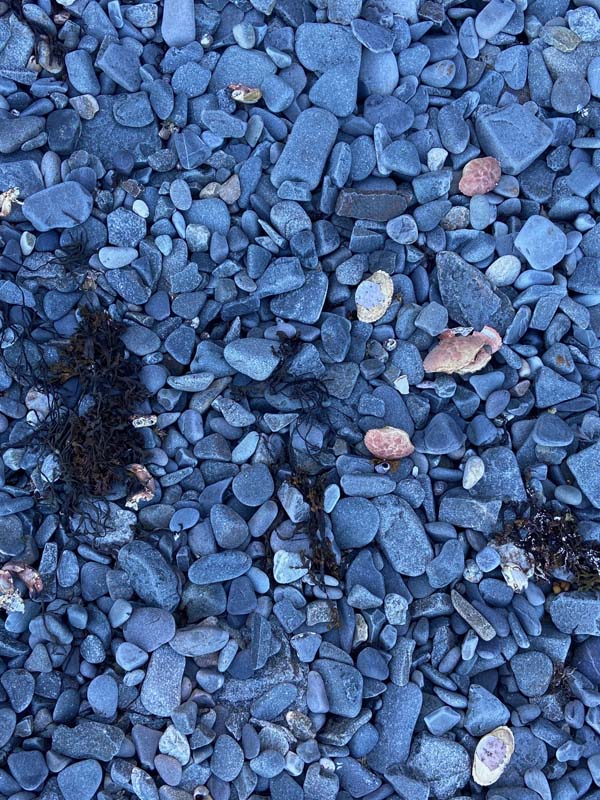
Taiwanese Student Association's UW Night Market
- Completed
- 2024-2025
- $10,000
-
Services and Activities Fee (SAF)
Spreading Chinese Culture through Traditional Chinese Dance…
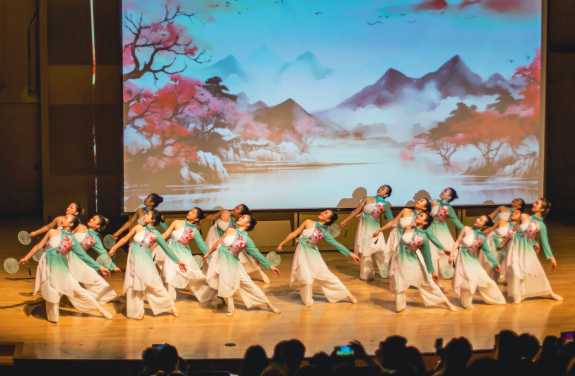
Spreading Chinese Culture through Traditional Chinese Dance…
- Active
- 2024-2025
- $1,280
-
Services and Activities Fee (SAF)
Co-Creating Social Fabric of Belonging Through Bobbin Lace…
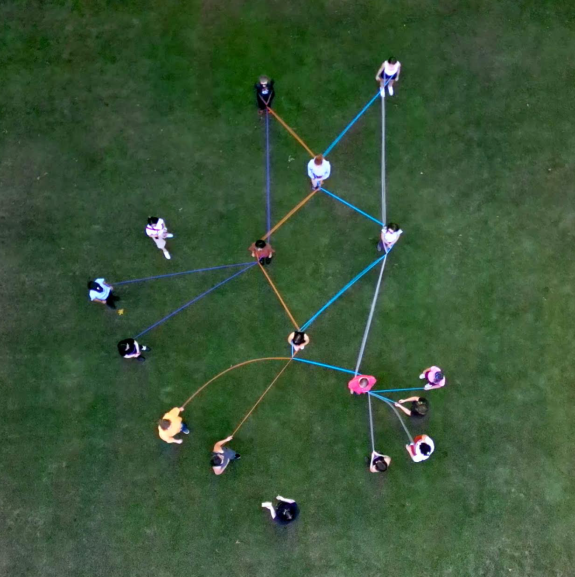
Co-Creating Social Fabric of Belonging Through Bobbin Lace…
- Active
- 2024-2025
- $5,000
-
UW Resilience Lab (UWRL)Services and Activities Fee (SAF)
Vermicompost Facility Upgrade: Increasing Public Health
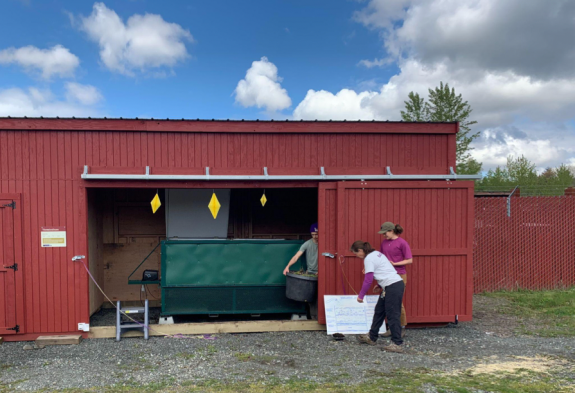
Vermicompost Facility Upgrade: Increasing Public Health
- Active
- 2024-2025
- $5,000
-
Services and Activities Fee (SAF)
Using Restorative Practices to Foster Community in the UW…
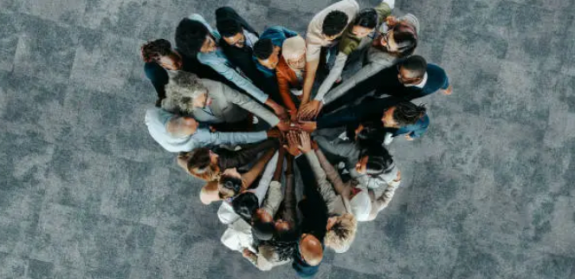
Using Restorative Practices to Foster Community in the UW…
- Active
- 2024-2025
- $4,400
-
Services and Activities Fee (SAF)
VSAUW Hoa Khôi Liên Trường Letter of Intent
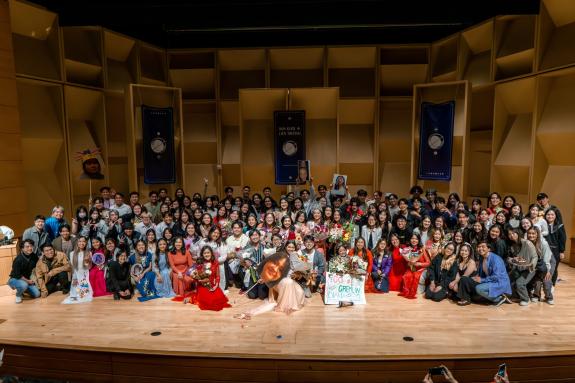
VSAUW Hoa Khôi Liên Trường Letter of Intent
- Active
- 2024-2025
- $3,275
-
Services and Activities Fee (SAF)
DGH Students Spill the Tea
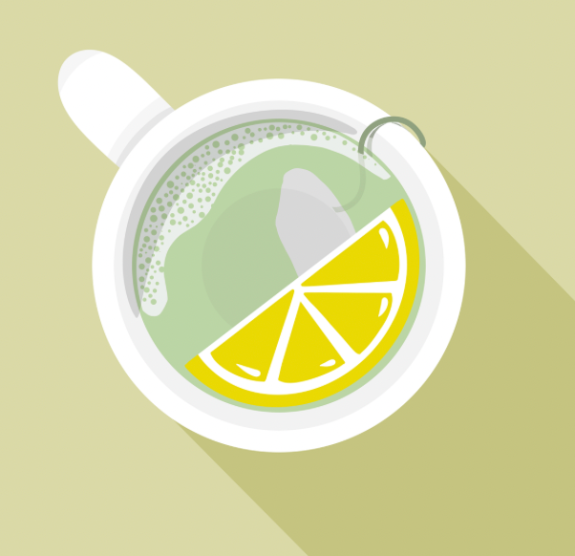
Green Square: UW Tower Urban Garden Demonstration
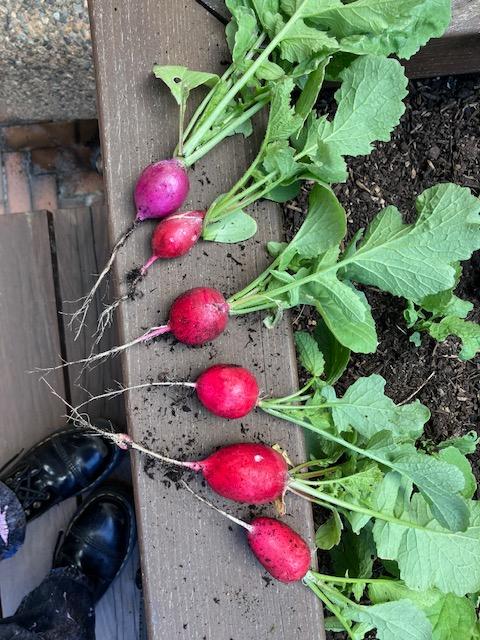
Green Square: UW Tower Urban Garden Demonstration
- Active
- 2024-2025
- $14,066
-
Services and Activities Fee (SAF)
The Seattle Multilingual Youth of Color & Educator…
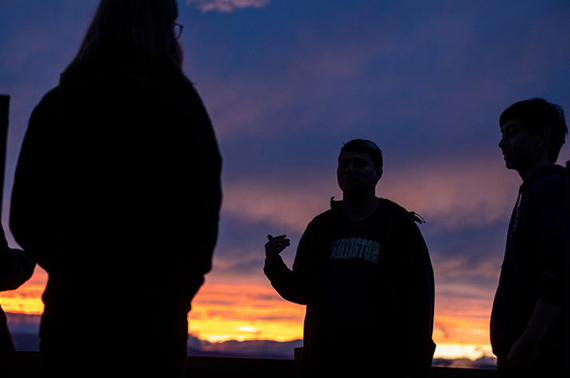
The Seattle Multilingual Youth of Color & Educator…
- Active
- 2024-2025
- $4,740
-
UW Resilience Lab (UWRL)Services and Activities Fee (SAF)
First Nation's at UW 54th Annual Spring Powwow
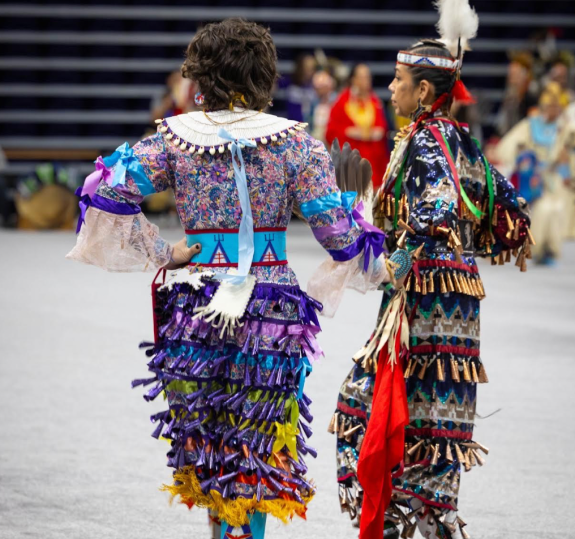
First Nation's at UW 54th Annual Spring Powwow
- Active
- 2024-2025
- $15,000
-
Services and Activities Fee (SAF)
Honoring International Faculty
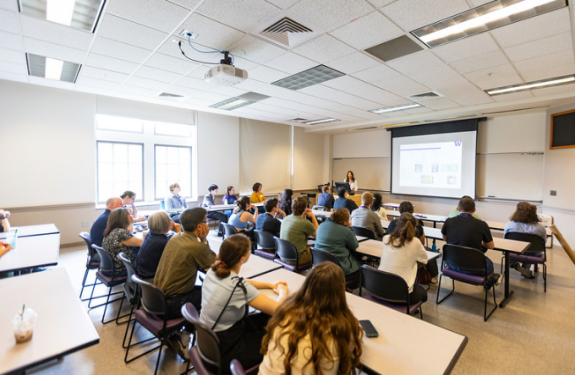
Khmer New Year Show
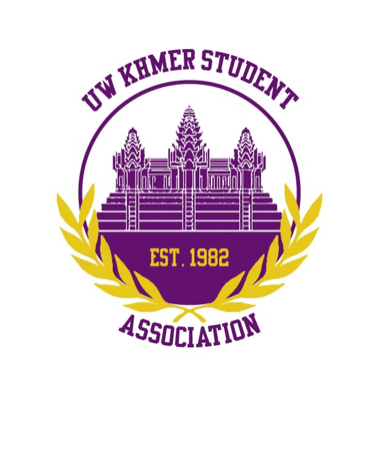
Micronesian Night
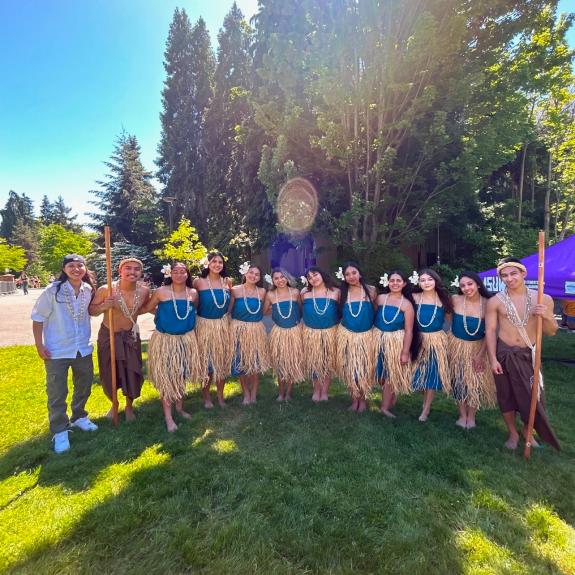
Keraton 2024
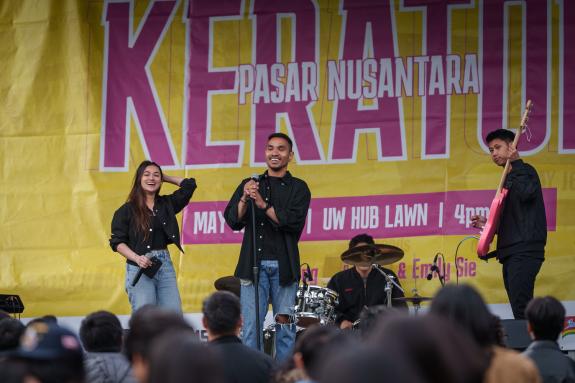
Integrated Social Sciences Peer Mentoring Advisory Group
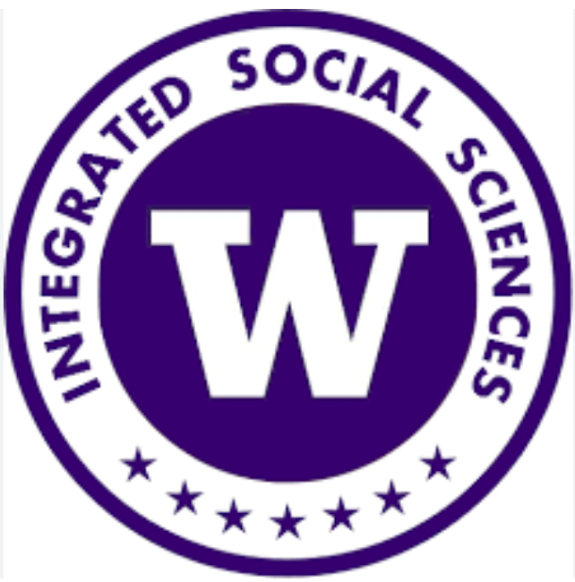
Integrated Social Sciences Peer Mentoring Advisory Group
- Completed
- 2023-2024
- $4,500
-
Services and Activities Fee (SAF)
Salvage Wood Program (phase 2)
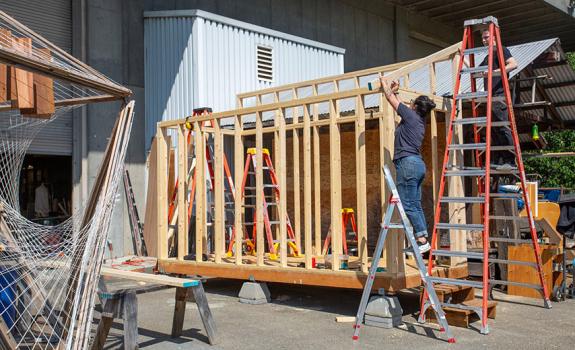
Salvage Wood Program (phase 2)
- Active
- 2023-2024
- $72,400
-
Services and Activities Fee (SAF)
EnGender
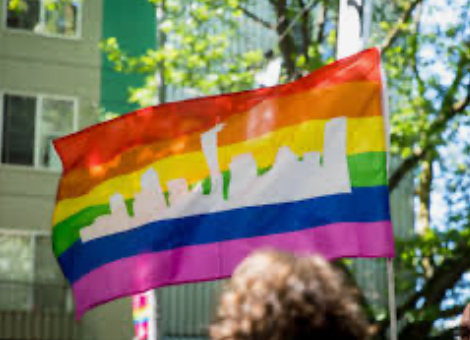
Designing a Bird Friendly Campus (phase 2)
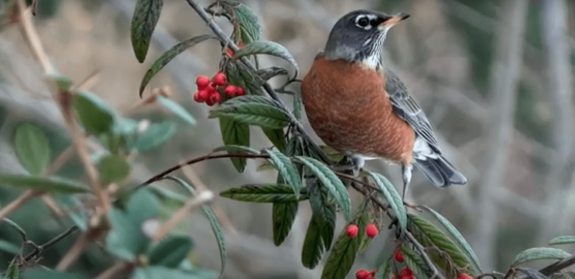
Designing a Bird Friendly Campus (phase 2)
- Active
- 2023-2024
- $69,015
-
Services and Activities Fee (SAF)
The Climbing Club at UW's Scholarship Program
The Climbing Club at UW's Scholarship Program
- Active
- 2023-2024
- $5,000
-
Services and Activities Fee (SAF)
College of Engineering’s DEI Community Conversations…
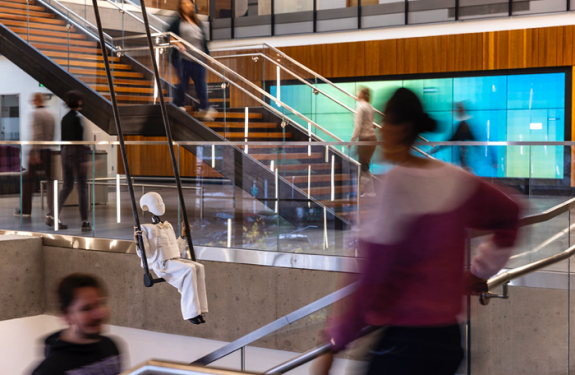
College of Engineering’s DEI Community Conversations…
- Active
- 2023-2024
- $4,250
-
Services and Activities Fee (SAF)
Brockman Memorial Tree Tour Maintenance
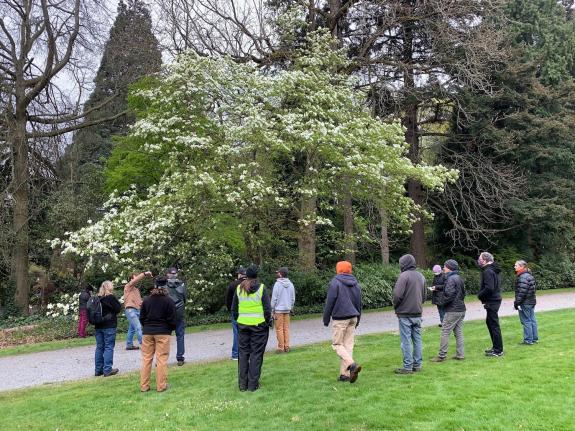
Brockman Memorial Tree Tour Maintenance
- Active
- 2023-2024
- $1,495
-
Services and Activities Fee (SAF)
Revealing the heritage and evolution of UW Yoshino Cherries…
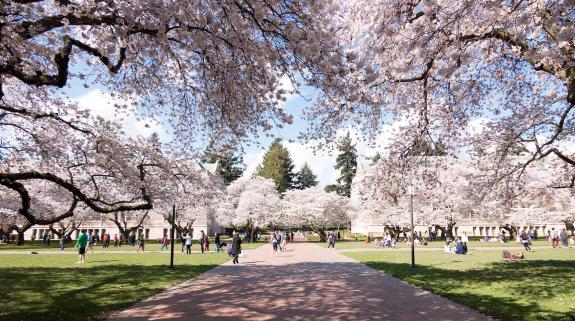
Revealing the heritage and evolution of UW Yoshino Cherries…
- Active
- 2023-2024
- $16,500
-
Services and Activities Fee (SAF)
Analysis of Soil Health and Nutrient Content in Crops Grown…
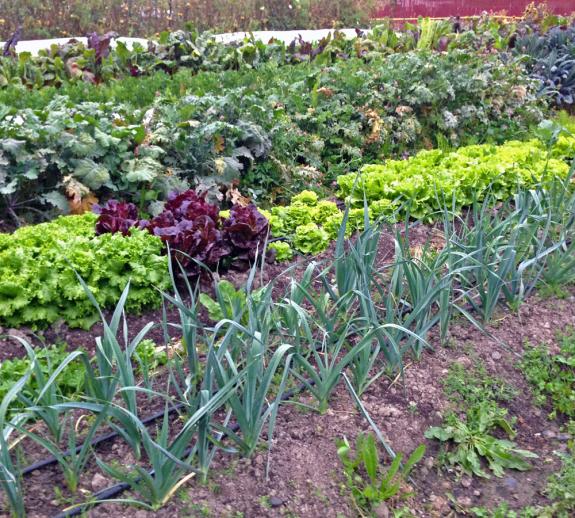
Analysis of Soil Health and Nutrient Content in Crops Grown…
- Active
- 2023-2024
- $4,131
-
Services and Activities Fee (SAF)
SER-UW Campus Native Plant Infusion
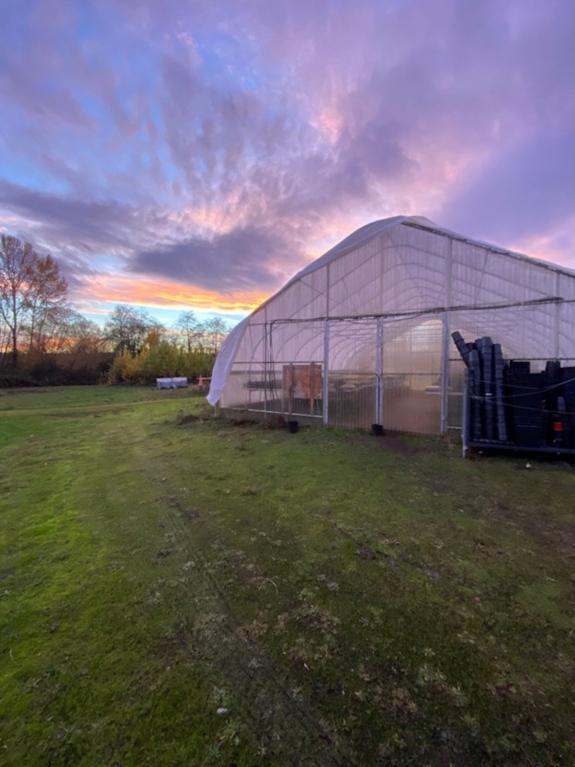
SER-UW Campus Native Plant Infusion
- Active
- 2023-2024
- $5,000
-
Services and Activities Fee (SAF)
Timeless Taiwan 2024
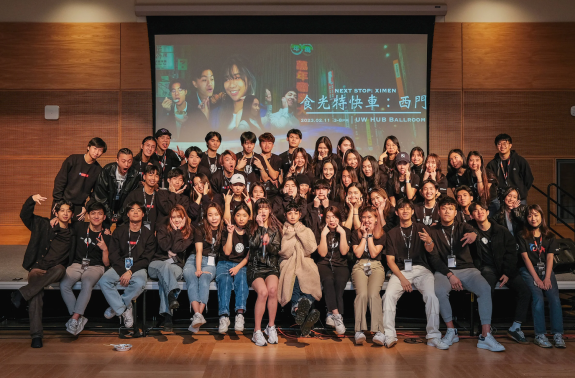
Black Student Commission Concert
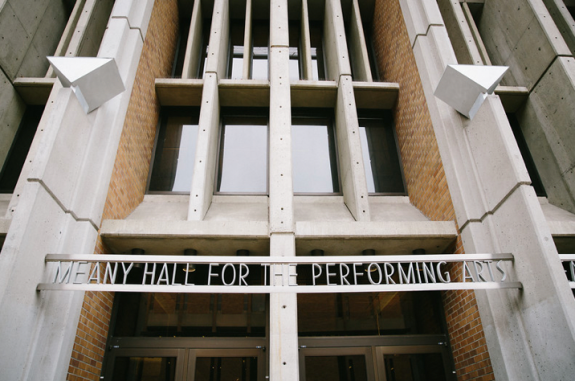
Black Student Commission Concert
- Completed
- 2023-2024
- $5,000
-
Services and Activities Fee (SAF)
Little Free Library on Campus
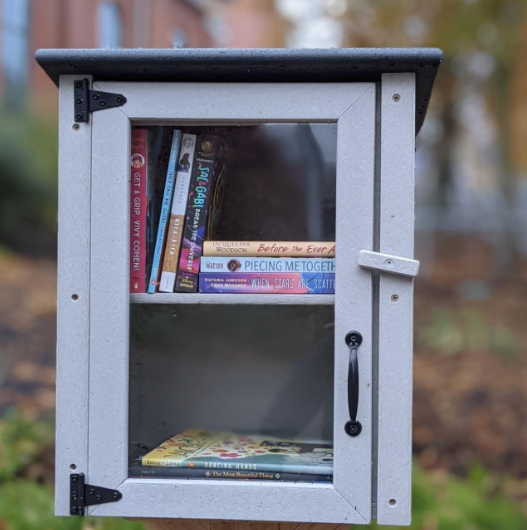
Little Free Library on Campus
- Active
- 2023-2024
- $1,500
-
Services and Activities Fee (SAF)
Somali Night
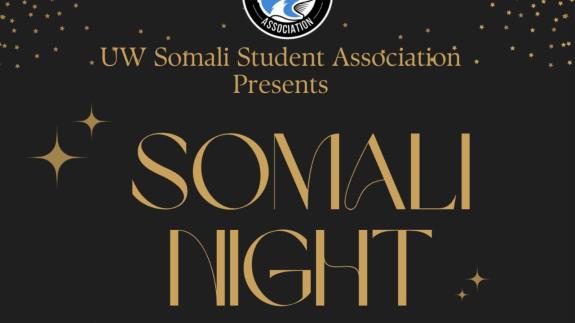
Fostering Community among Undergraduates in the Life…
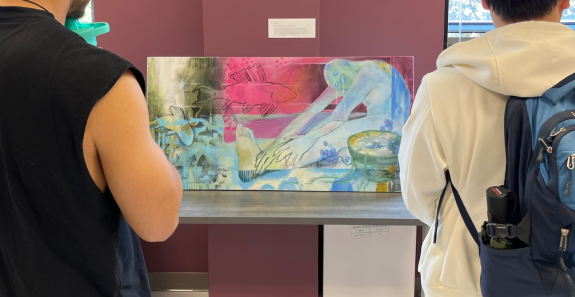
Fostering Community among Undergraduates in the Life…
- Completed
- 2023-2024
- $3,770
-
UW Resilience Lab (UWRL)Services and Activities Fee (SAF)
SER-UW Native Plant Nursery - Cultivating Careers with…
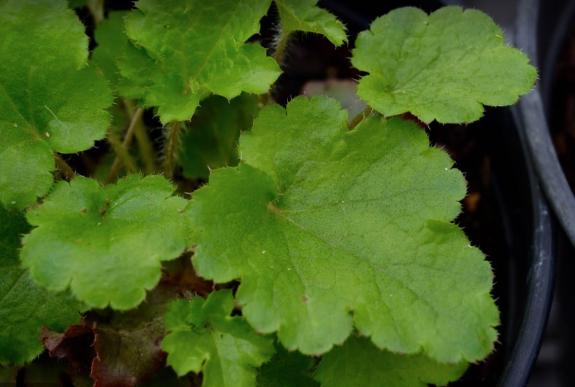
SER-UW Native Plant Nursery - Cultivating Careers with…
- Active
- 2023-2024
- $80,198
-
Services and Activities Fee (SAF)
2024 TSA UW Night Market Sustainable Program

2024 TSA UW Night Market Sustainable Program
- Completed
- 2023-2024
- $5,000
-
Services and Activities Fee (SAF)
Names & Pronunciations Initiative (NPI)
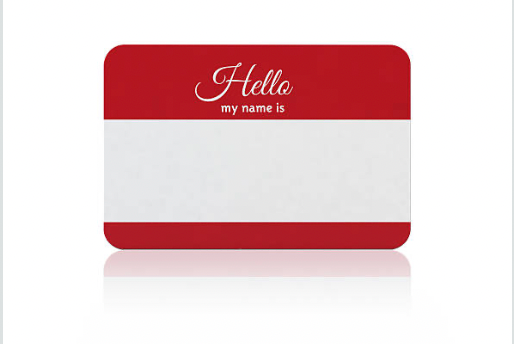
Names & Pronunciations Initiative (NPI)
- Completed
- 2023-2024
- $1,275
-
UW Resilience Lab (UWRL)
Investigating stormwater runoff for tire derived anti-…
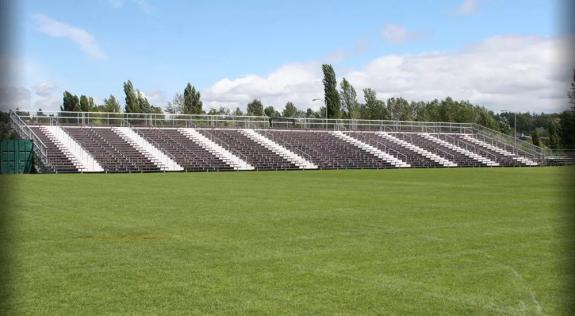
Investigating stormwater runoff for tire derived anti-…
- Active
- 2023-2024
- $20,586
-
Services and Activities Fee (SAF)
Matsuri 2024
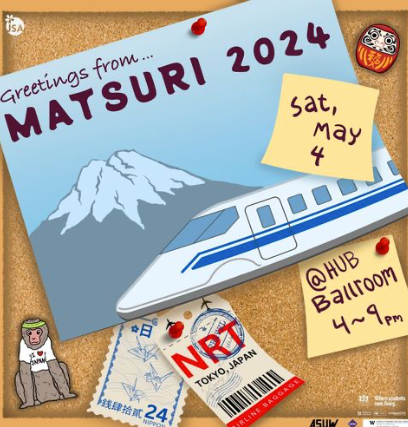
Building a Compassionate and Resilient Community of Social…
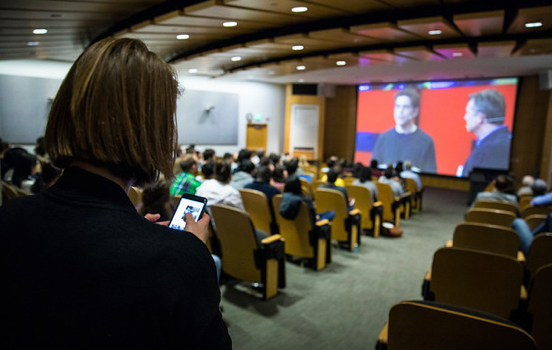
Building a Compassionate and Resilient Community of Social…
- Completed
- 2023-2024
- $4,377
-
UW Resilience Lab (UWRL)
Feasibility study to develop a societal embedding framework…
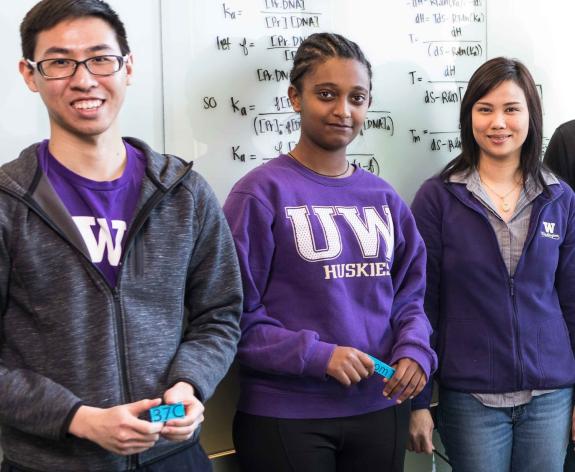
Feasibility study to develop a societal embedding framework…
- Active
- 2023-2024
- $16,852
-
Services and Activities Fee (SAF)
Polynesian Day 2024
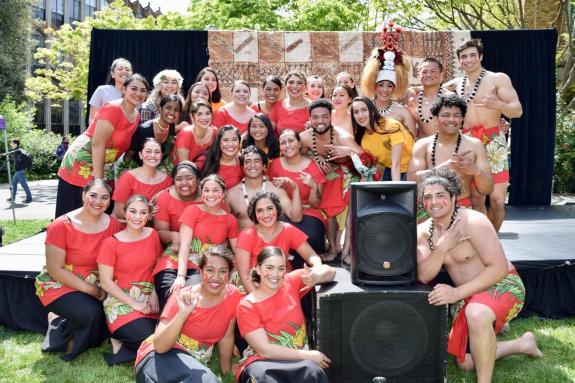
Amplifying Voices: Digital Storytelling for Asian and…
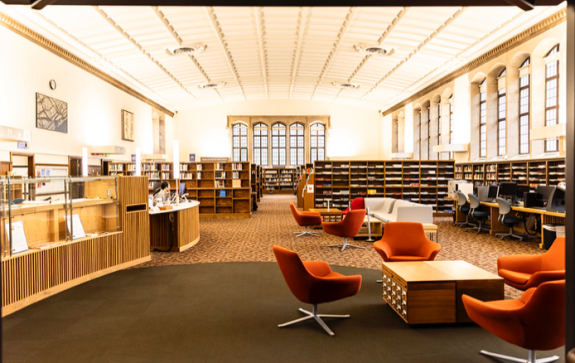
Amplifying Voices: Digital Storytelling for Asian and…
- Completed
- 2023-2024
- $5,000
-
UW Resilience Lab (UWRL)
53rd Annual Spring Powwow
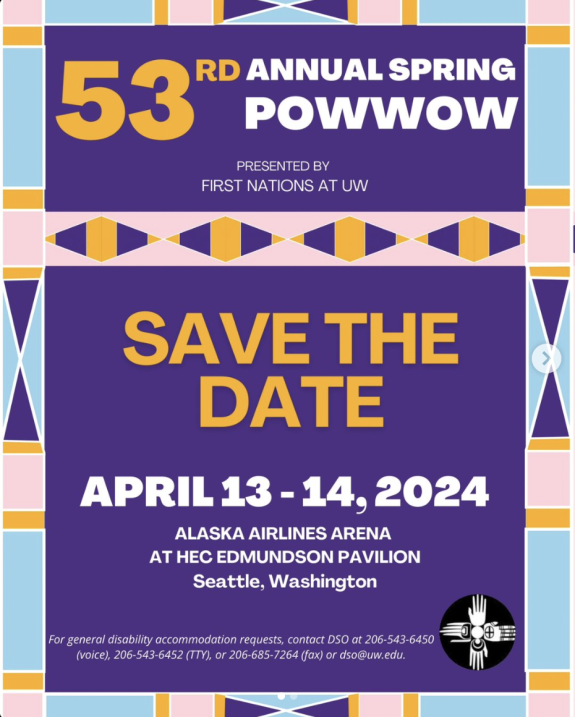
53rd Annual Spring Powwow
- Completed
- 2023-2024
- $13,150
-
Services and Activities Fee (SAF)
Neurodivergent Voices: Identifying Teaching Practices That…
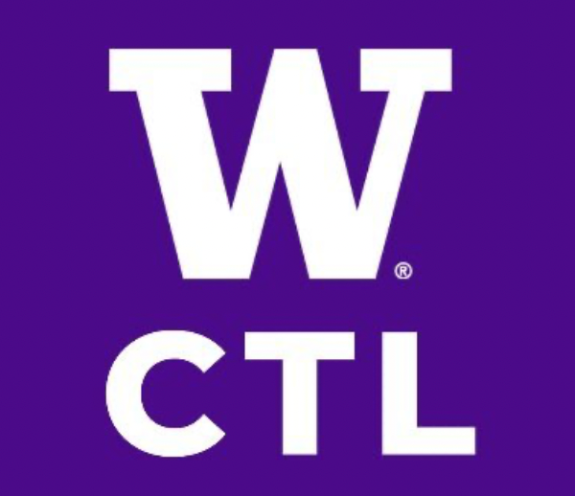
Neurodivergent Voices: Identifying Teaching Practices That…
- Completed
- 2023-2024
- $2,006
-
UW Resilience Lab (UWRL)
